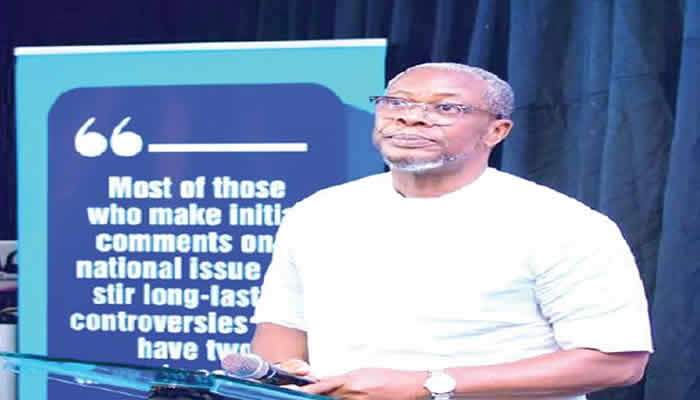As a skilled reporter for Media Talk Africa, I am pleased to bring to you the exclusive interview with Kingsley Wali, a chieftain of the All Progressives Congress in Rivers State. In this in-depth conversation, Wali shares his thoughts on the protracted Rivers State political impasse, the role of the judiciary, and his future plans.
The interview began with Wali explaining why he decided to quit partisan politics, citing his desire to focus on uniting Rivers State and promoting civil communication in politics and governance. He emphasized that he wants to be part of the middlemen who will encourage politicians to govern well and put pressure on them to perform.
On the recent upward review of the pump price of petrol, Wali expressed his belief that the government is playing games with itself and Nigerians. He suggested that the government should come clean on the subsidy regime and allow the judiciary to determine the validity of the controversy.
When asked about the prolonged political impasse between the FCT minister and the incumbent Rivers governor, Wali stated that what’s happening in Rivers State is a demonstration of democracy in action. He encouraged patience and allowed the judicial process to run its course, assuring that it would strengthen democracy.
On the state of the Nigerian economy, Wali opined that the government cannot afford to fail, emphasizing the need for sincerity, integrity, honesty, transparency, and unity of purpose. He expressed his hope that the country would witness improvement soon.
As a member of the August Meeting, an organization promoting the reading culture among students and youths of Rivers State, Wali highlighted the group’s mission to bridge gaps in quality interpersonal communication and nation building. He acknowledged that progress has been made, but emphasized that much work remains to be done.
When asked about the APC’s preparedness for the local government elections, Wali declined to comment, citing his focus on uniting Rivers people and not engaging in divisive activities.
The interview concluded with Wali calling for accountability in governance, emphasizing the need for a fair and transparent electoral process to ensure that votes count. He encouraged Nigerians to demand accountability from their leaders and vote them out if they fail to deliver.
This insightful interview provides valuable insights into the mind of a prominent Nigerian politician, offering a unique perspective on the state of politics and governance in Nigeria.
